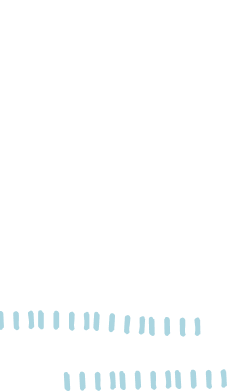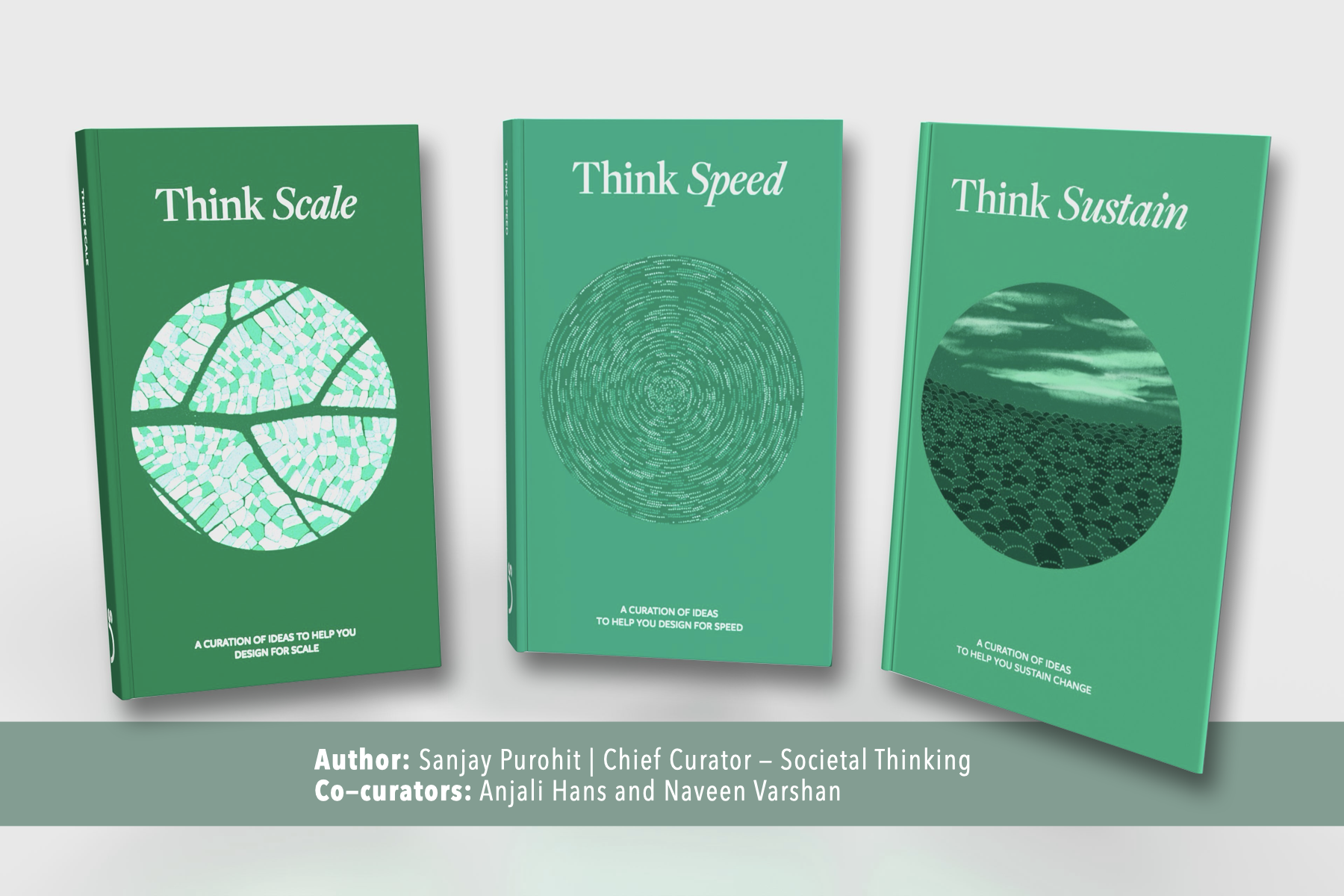Malala Yousafzai, Greta Thunberg, Licypriya Kangujam, Tahsin Uddin – we’ve followed the lives of young people who are standing up for what they believe in, be it a green and sustainable planet, safe spaces for LGBTQIA+ folk, racial justice or gender parity. Especially as we take stock of the 2030 Agenda for Sustainable Development, it is undeniable that the world’s 1.2 billion young people carry the power to transform society. And, while the lives of young leaders such as Malala are known far and wide, I wondered “What about young people around me?” Pratibha Narayanan from Involve Learning Solutions Foundation told me a story about young people who led change in their communities when their agency was restored. This is the story of a young student in Madhya Pradesh, India, who went on to drive a literacy campaign for adults in his community.
Pavan is from Muttor, an idyllic village in Chhindwara, Madhya Pradesh. He attends a Kutir – a community learning centre run by Parivaar Education Society. Pavan used to go to the Kutir for 2-3 hours before and after school to learn foundational literacy and numeracy skills. In 2021, a peer-based learning programme was introduced in the Kutir. Pavan, who had always excelled at mathematics, was selected as a Student Leader. There was no looking back for Pavan – every day, wearing his badge and carrying his books in a polythene bag, he’d go to the Kutir with a sense of purpose and commitment.
For 6 months, Pavan taught his peers foundational mathematics – counting and basic operations – contributing to more than 20% increase in test scores of students.
While Pavan continued to grow as a leader, the challenges of patchy attendance among students remained. So Pavan, with other peer leaders and their teacher, Mr Suresh, realised that it would take the community to ensure students attended school regularly. Education became more than just about the classroom and instead, began involving peers, parents, neighbours and community leaders to unlock a child’s potential. To do so, Pavan and other peer leaders initiated ‘Pahal’ – a way to generate awareness about the importance of education in their community through rallies, street plays and meetings with parents. For a little while, attendance improved, until the parents sent away kids for seasonal labour or engaged them in household chores.
Slowly, it became clear that irregular attendance wasn’t the problem but a symptom of the problem. Almost nobody in the village had had access to formal education and didn’t see the value in sending their children to school beyond a certain age. High dependence on agricultural and daily wage labour meant it was preferable for children to work than attend schools. Inaccessibility to schools due to distance and extreme weather events made it more challenging for the students and teachers to reach.
To address the problem at its root, ‘Prayaas’ – a literacy campaign for adults – took shape. It imparted essential skills to adults in the community, such as filling out and signing forms, reading health-related news and posters, MRPs and expiry dates on products and even understanding road signs. All taught by Pavan and Student Leaders like him!
Pavan’s story is a testament to the power of restoring agency – enabling learners like Pavan to become agents of change.
In the last 5 years at Involve, Pratibha has witnessed hundreds of children evolve from learners to champions of change in their schools as well as communities. She believes children hold the potential to transform society because they can identify and analyse problems with fewer biases and preconceived notions. More so, they truly embody blue-sky thinking because they dream big, think creatively and aren’t limited by what’s plausible or feasible.
So, the team began wondering: What would it take to restore the agency of every child?
From Pavan’s story, 3 ideas emerged:
- Leadership: Opening up opportunities for students to meaningfully be a leader for a team or even drive an idea towards an outcome, with the right capacity-building, guidance in goal setting and encouraging reflection and self-awareness
- Reimagination: Cultivating spaces to discuss, critically examine and inquire about the world around them to develop the ability to understand problems but also imagine alternative possibilities
- Active participation: Flipping the narrative from recipient to participant in decision-making to enable collaboration and ownership
Now, they are bringing these ideas to life by creating spaces. such as for peer teaching and learning so that students can experience leadership in an age-appropriate and relevant way. In these spaces, students get to practise leadership, solve problems and make decisions and, at the same time, continuously reflect on how these skills can be transferred to others. Participation in such spaces gives students the self-confidence, motivation and awareness – agency – to apply themselves towards reimagining a better world for themselves and their communities.
At Reap Benefit, Gautam and Kuldeep are also reimagining the future with young people. They believe distributing the ownership of solving environmental and civic issues to young people and restoring their agency is key to solving at scale. Over the last 8 years, the team has realised that when young people come together, they solve small, dent big.
 Back
Back


